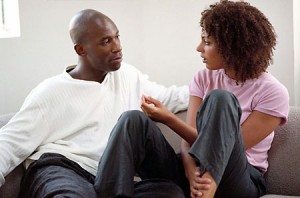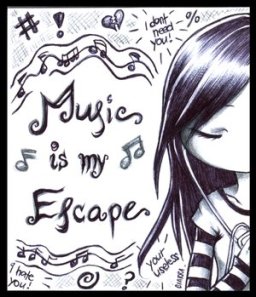UGHHHH that frustrating moment when your internet is running extremely slow. Or maybe you’re running for the elevator and you just miss it. Or perhaps you just can’t figure out one last blog post topic for class. We all have those frustrating moments when we just want to scream UGHHH! But, what is exactly happening, besides the fact that things aren’t going our way.
Neuroscientist have taken the time to research what is happening in the brain when a person gets extremely frustrated. Rongjun Yu, and his colleagues put together a study where participants had a limited time to click the correct key, according to the direction of the arrows on the screen (right or left), and if they were successful at this task they recieved $3.30. There was a progress bar that let the participants know how much more they had to go, and they had numerous attempts. However, “the whole thing was actually fixed so that a lot of times they were thwarted at various stages of proximity to the reward, and after expending various degrees of effort.” Proximity, and expended effort caused the participants to feel and show frustration. Their frustration was displayed in their body language and actions, such as pressing harder on the keyboard keys.
Yu, and his colleagues repeated the same thing with another group of participants, and then scanned their brains. Proximity and the effort expended increased frustration, leading to increased activity in the same circuit of the brain structure. Researchers say that this activity is similar to what is called the “rage circuit”, which has been identified in rats. Yu suggests that the purpose of this brain response following frustration might be to give you a jolt of energy so that you try harder to get what you want.
So next time you’re really frustrated, don’t cry and don’t give up!
source:
http://www.wired.com/2014/04/neuroscientists-conduct-the-most-frustrating-brain-scanning-study-ever/














